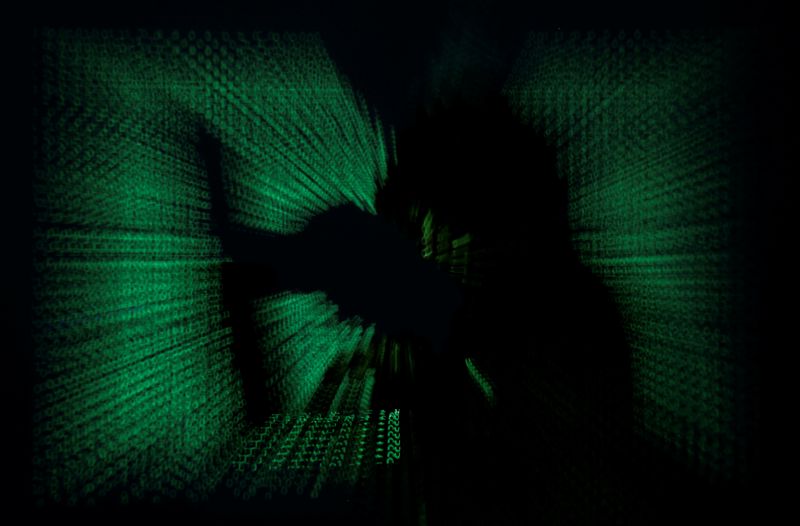BERLIN (Reuters) - Germany's foreign ministry called in the Russian ambassador in Berlin on Thursday to complain "in the strongest possible terms" about a hack attack on the German lower house of parliament in 2015 and discuss possible sanctions against those responsible.
Russia has rejected allegations that its military intelligence was behind the cyber attack after media reported that data had been stolen, including emails from Chancellor Angela Merkel's constituency office.
State Secretary Miguel Berger told the ambassador that the government would call for the EU's cyber sanctions mechanism to be invoked against those responsible for the attack, said the German ministry in a statement.
The EU last year approved a system to freeze hackers' assets in the bloc and banning them from entry.
Federal prosecutors issued an arrest warrant on May 5 for Russian national Dmitry Badin over the attack and the German ministry said there was credible evidence that he was part of the GRU military intelligence service at the time of the attack.
"The arrest warrant against Mr Badin was issued on the basis of the strong suspicion that the accused conspired with other hitherto anonymous persons to carry out intelligence activities against Germany on behalf of the secret service of a foreign power," said the ministry.
In a statement on Wednesday, the Russian embassy in Berlin said German officials so far had not been able to present facts to underpin the accusations against Moscow.
The German ministry also said its assessment was affected by an ongoing investigation into the murder of a Russian-Georgian man, a former Chechen rebel, in Berlin last summer which led to an exchange of diplomatic expulsions.

"The government... expressly reserves the right to take further measures," said the foreign ministry.